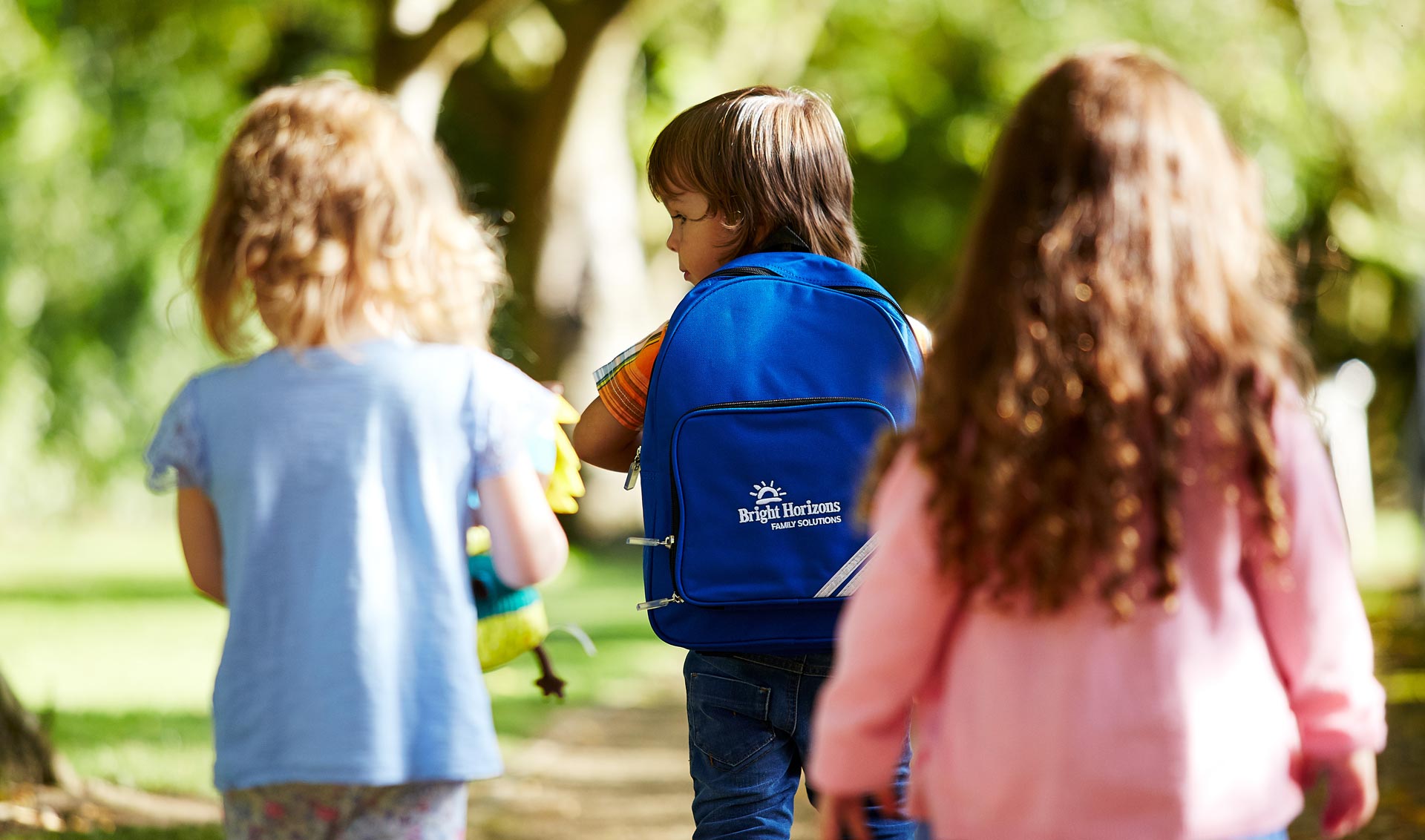Supporting Children with the Transition to School – Top Tips
Each child enters a new world with a new language when they walk through the school gates for the first time.
Preparing for change
- Starting school is a big step for your child and for you
- For some it will be exciting, for others it may create much anxiety
- Change can be stressful
- Research has shown that stress increases cortisol levels
- Building resilience helps you both develop positivity
- Confidence and independence help
Top tips for supporting the move to school
- Talk with your child about what will happen
- Listen to your child’s thoughts about school
- Avoid ‘bigging’ it up – Big can be daunting!
- Share with your child your first days at school – the positives
- Acknowledge that your child may be sad about leaving behind friends and people they know
- Make a plan together – share the journey
- Visit the school together if possible
- Check you have all the details for the first day of term
- Sharing books about school helps explore feelings about starting school
- Visit the library or book shop to find stories about school to read over the summer
- Plan a day to buy uniform together
- Consider velcro, laces or buckle shoes
- Practice dressing and undressing
- Have you labelled all clothes with name tags
- Managing toilet needs
- Packed lunches or school dinners?
- Carrying trays and making choices
- Scraping plates
- Practice self-serving
- Practice the fiddly bits – bananas, yogurt pot lids, straws and cartons
- Pouring water/using a dispenser
- Play playground games together
Things to practice – make it fun!
- Taking coats on and off
- Lining up
- Asking an adult for help at playtime
- Getting up routines
- Getting dressed for school
- The school run
- Sitting still
- Putting hand up
- Asking for help
The first day
- Avoid being late – take your time
- Keep positive – hold those tears
- Tissues
- Sugar boost snack for pick up time
- Give your full attention when picking up
- Avoid bombarding with questions
- Look after yourself – talk with others
Congratulations you both made it through the first day
Parent teacher relationships
- The teacher can best support your child if they knows your child’s needs
- You know your child best
- Teachers are used to children starting school – they are a support for you too and can reassure you
- Arrange a time to meet with the teacher early on if possible
- Let the teacher know of any concerns your child shares with you.
- Communication is key
Adjusting to change
Your child may display some changes in behaviour – not uncommon. They might:
- Be reluctant to go to school
- Eat more or eat less
- Be more tired
- Have toileting accidents
- Appear shy
Patience, reassurance and communication between you and the teacher will help your child adjust to the change and settle into life at school.
Positive, safe, secure, happy
If you show you are enthusiastic about the school and approach the changes with positivity, your child will:
- Trust you
- Trust the new people in their life
- Know that the new place is a safe place to be




